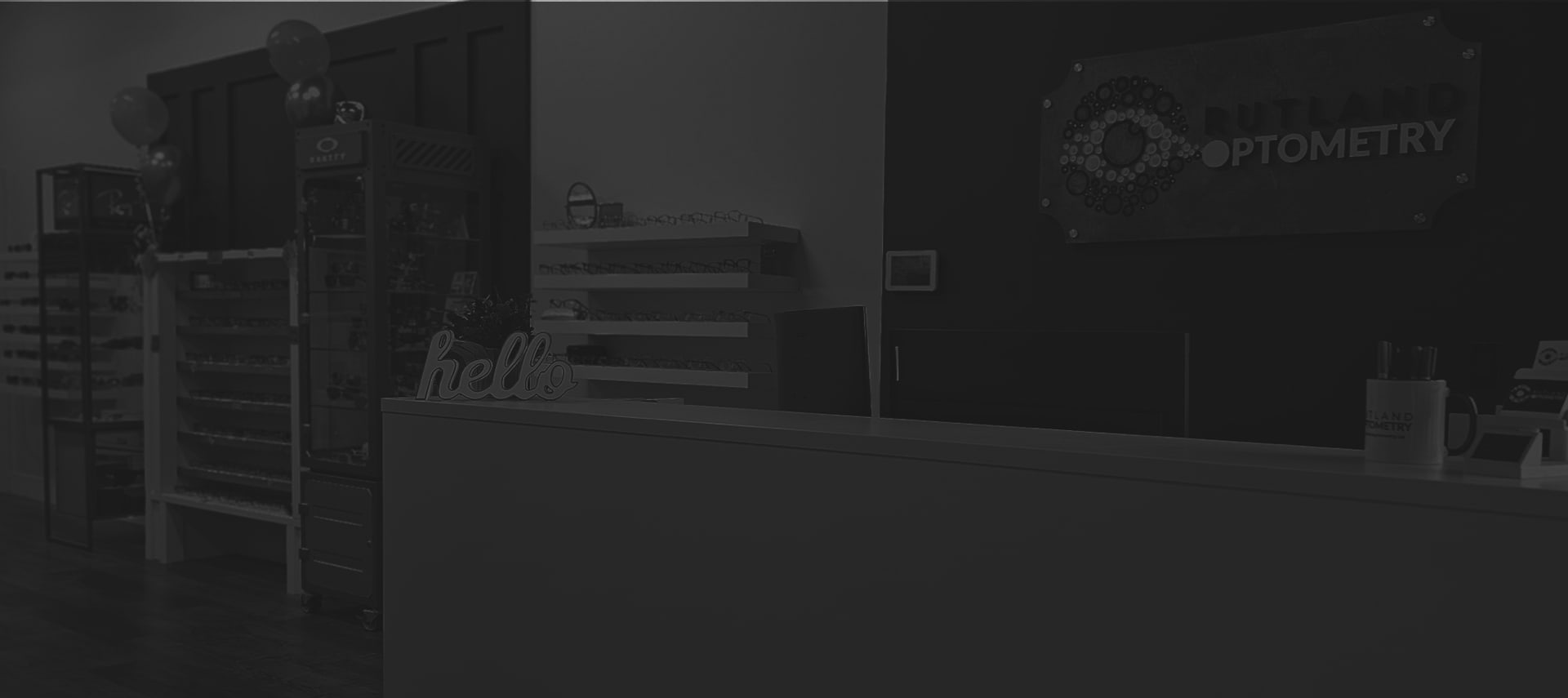Regular eye exams are important for more than just updating your glasses or contacts prescription. They’re essential for maintaining good eye health and catching potential issues. Questions about eye exams you may have include: How often do I need an eye exam, and how much does an eye exam cost?
The cost of an eye exam depends on several factors, such as the type of exam you require, the location of the optometry practice, tests included during the eye exam, and whether insurance covers the exam cost. Your eye doctor can provide information on the frequency of exams and their cost based on your individual needs.
The Importance of Regular Eye Exams
Regular eye exams are a crucial aspect of one’s healthcare routine. They offer various benefits that extend beyond the mere measure of visual acuity.
Early Detection & Prevention
An annual eye exam can lead to early detection of serious health conditions such as diabetes, high blood pressure, or cancer. Many systemic diseases can manifest in the eyes, making them a vital part of the diagnostic process.
Additionally, eye exams can spot early signs of eye diseases like glaucoma, cataracts, and macular degeneration. With prompt identification of these diseases, treatment and management can help provide better outcomes and vision preservation.
Optimal Vision Correction
Your eyes, like the rest of your body, change over time. Eye exams help to monitor changes in your eyes and assess how well you can see. Updated eyeglass or contact lens prescriptions can prevent symptoms of an incorrect prescription, such as eye fatigue, eye strain, and potentially impaired vision.
Maintaining Overall Eye Health
Our eyes are delicate, and routine exams help keep tabs on their general well-being. From checking for dry eyes to proper tear production, these exams play a key role in maintaining the comfort and health of your eyes throughout your life.
Types of Eye Exams
The type of eye exam you need depends on various factors, including age, eye and medical health history, and any vision challenges you are currently experiencing. Common exam types include:
- Comprehensive eye exam: Adult and senior comprehensive eye exams measure pressure in the eyes, peripheral vision, and inside the eye for signs of vision problems.
- Children’s eye exam: This exam includes a refraction test and an eye health assessment to check for signs of vision issues.
- Diabetic eye exam: Includes tests to look inside the eye for signs of diabetic eye diseases and related conditions.
- Contact lens exam: This exam determines the proper type, size, and fit of contact lenses, which can differ in price and complexity based on the patient’s needs.
Eye Exam Cost
The cost of an eye exam can vary significantly based on several factors, including the type of examination, where and who conducts the exam, and what your insurance covers:
- Location: Urban areas typically have higher living costs, which can translate to higher exam prices.
- Provider type: An experienced optometrist or ophthalmologist specializing in a particular field may charge more for services.
- Insurance coverage: Individuals with vision insurance typically pay less out-of-pocket than those without coverage.
Understanding these factors helps you compare prices and services effectively to make a decision based on your needs and budget.
Making Eye Health Affordable
The concern over health costs, including eye exams, is something many people consider before going to see their eye doctor. However, there are several strategies you can employ to manage these costs effectively while still prioritizing your vision health.
Exploring Insurance Options
Vision insurance can significantly reduce the cost of regular eye exams, making them more affordable. Be sure to compare plans to see which offers the most benefits for your specific needs, and speak to your eye doctor’s office to see which insurance companies they direct bill to.
Seek Discounts & Promotions
Many optometry practices offer specials or discounts on their eyewear, while some retail chains or private providers may have loyalty programs that cut costs over time. This can reduce the costs tremendously when combined with your insurance plan; making the experience very affordable.
Prioritizing Health Over Short-Term Costs
Seeing the eye exam only as an up-front cost can lead to neglect that can be more expensive both financially and health-wise in the long run. Shifting your perspective to view eye exams as an investment in your well-being can encourage regular visits.
Healthy Vision Is Priceless
While there is a cost to having eye exams, the value of early detection, maintaining vision, and overall eye health is great. By understanding the factors that influence eye exam costs, the various examination types and benefits, and methods to make them affordable, you can make informed decisions to preserve your vision.
If you have any vision concerns or questions about cost, contact Rutland Optometry for more information and personalized vision care.
















